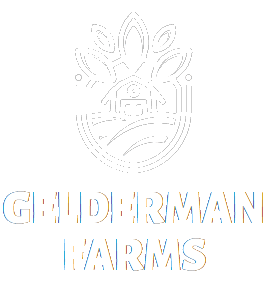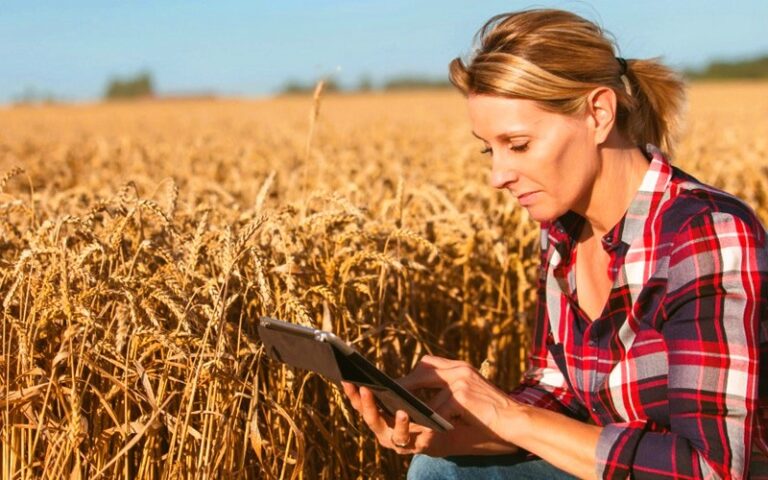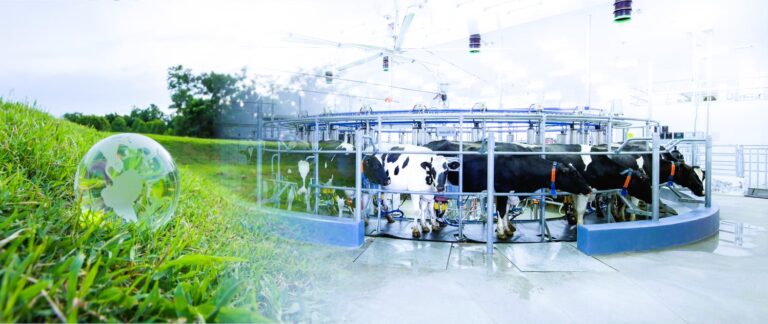Beekeeping, also known as apiculture, is an ancient practice that involves the maintenance of bee colonies, primarily for the production of honey and other hive products. However, beekeeping is more than just a source of sweet honey; it is an essential agricultural activity that plays a crucial role in pollination, ecosystem health, and the sustainability of Abbotsford’s agriculture. This article explores the art of beekeeping and how apiaries benefit Abbotsford’s agricultural landscape.
The Importance of Bees in Agriculture
Bees, particularly honey bees, are integral pollinators for many crops, including fruits, vegetables, and nuts. As they forage for nectar and pollen, bees inadvertently transfer pollen from one flower to another, facilitating cross-pollination. This process leads to the fertilization of plants, enabling them to produce fruits and seeds. Without pollinators like bees, many crops would face significant challenges in reproduction, resulting in lower yields and compromised food production.
In Abbotsford, a region renowned for its agricultural output, the presence of bees and the practice of beekeeping have become indispensable. The pollination services provided by bees contribute to the thriving orchards, berry farms, and vegetable fields that grace the landscape. Farmers and beekeepers work hand in hand to maintain healthy ecosystems that support both the honey bee populations and the agricultural crops they pollinate.
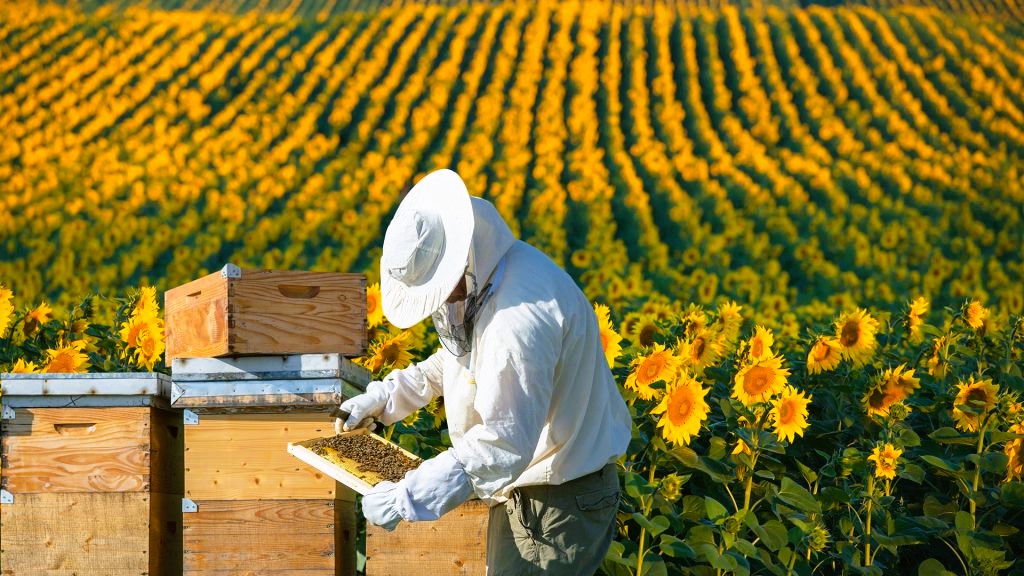
The Art and Science of Beekeeping
Beekeeping is a skillful endeavor that blends both art and science. Successful beekeeping requires knowledge of bee behavior, hive management techniques, and an understanding of the seasonal patterns and natural cycles that influence the bees’ activities. One day in the countryside, read more in the Life on a Farm article.
1. Hive Setup and Maintenance
Beekeepers carefully set up hives to provide suitable shelter for the bees and to encourage their natural behavior. These hives consist of various components, including brood chambers for raising young bees, honey supers for storing surplus honey, and frames to support the beeswax comb construction.
Throughout the year, beekeepers diligently inspect and maintain the hives. They monitor bee health, manage pests and diseases, and ensure the bees have enough food reserves, especially during the winter months when forage may be scarce.
2. Swarm Control
Swarming is a natural reproductive process of honey bee colonies, but it can lead to the loss of a portion of the bee population. Beekeepers employ various techniques to control swarming, such as providing adequate space for the bees, monitoring hive conditions, and dividing colonies when necessary.
3. Honey Harvesting
The process of honey harvesting is a labor of love for beekeepers. Once the honey supers are filled with ripe honey, beekeepers carefully collect the surplus honey, leaving enough for the bees’ sustenance. The honey extraction process involves uncapping the cells, spinning the frames in a honey extractor, and finally filtering and bottling the honey for consumption.
Benefits of Apiaries in Abbotsford’s Agriculture
The presence of apiaries and the practice of beekeeping offer numerous benefits to Abbotsford’s agriculture and the surrounding ecosystem.
1. Enhanced Crop Yields
As mentioned earlier, bee pollination significantly improves crop yields. When bee populations are thriving, there is a greater likelihood of successful pollination, resulting in higher-quality fruits and vegetables for both farmers and consumers.
2. Biodiversity and Ecosystem Health
Beekeeping encourages biodiversity by supporting diverse plant species that provide nectar and pollen sources for bees. This, in turn, fosters a healthier ecosystem, benefiting not only bees but also other pollinators, birds, and wildlife.
3. Sustainable Agriculture
The interdependence between beekeeping and agriculture highlights the importance of sustainable practices. Farmers who collaborate with beekeepers to promote healthy bee populations are contributing to the long-term viability of their farms and the environment.
4. Honey and Hive Products
Apart from pollination services, beekeeping also provides valuable hive products such as honey, beeswax, royal jelly, and propolis. These products have various applications in food, cosmetics, and healthcare industries, adding economic value to beekeeping ventures.
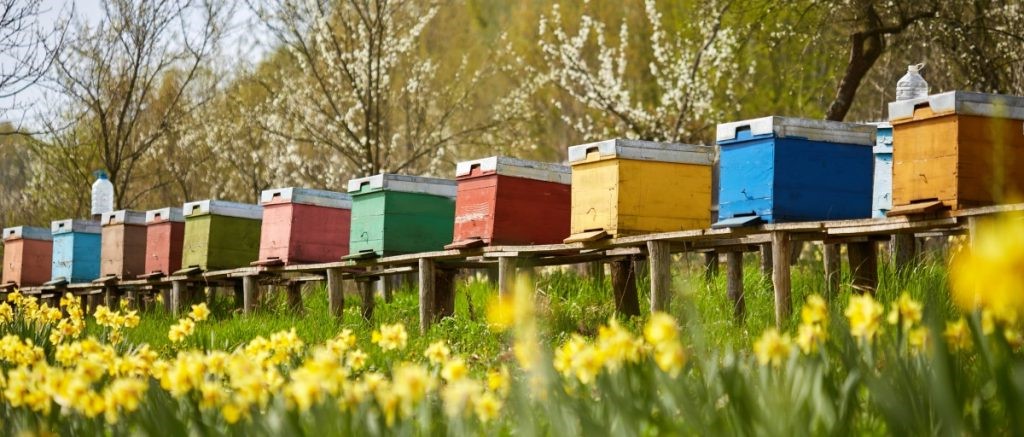
Supporting Apiaries and Beekeeping in Abbotsford
Recognizing the significance of beekeeping in the agricultural landscape, various organizations and governmental bodies have taken steps to support apiaries and protect bee populations.
1. Agriculture and Agri-Food Canada
Agriculture and Agri-Food Canada, a federal department, is actively involved in research and initiatives that promote pollinator health and support beekeeping activities. Their efforts include funding for research on pollinator health, sustainable agriculture practices, and the development of best management practices for beekeepers.
Website: Canada.ca – Agriculture and Agri-Food
2. Abbotsford Beekeepers Association
The Abbotsford Beekeepers Association is a local organization dedicated to supporting beekeepers in the region. They offer educational resources, workshops, and mentorship programs to help beekeepers improve their skills and effectively manage their hives.
Conclusion
Beekeeping is an ancient art that continues to be an integral part of modern agriculture in Abbotsford. The efforts of beekeepers and farmers in maintaining healthy bee populations and promoting pollinator-friendly practices have a profound impact on crop yields, biodiversity, and ecosystem health. The symbiotic relationship between beekeeping and agriculture serves as a model for sustainable practices that benefit both humans and nature, securing a promising future for Abbotsford’s agriculture and the precious honey bees that contribute to its success.
